This post is also available in: Español (Spanish) Kreyòl (Haitian Creole)
With support from the W.K. Kellogg Foundation’s (WKKF) program officers Victoria Tafoya and Jennifer Duran-Sallee, and from the New Mexico Early Childhood Funders Group and the New Mexico Early Childhood Education and Care Department, the national Early Childhood Funders Collaborative (ECFC) held their annual member meeting in Santa Fe, New Mexico this summer. Over a hundred early childhood education advocates from around the U.S. came to New Mexico to hear firsthand about the decadeslong child centered movement.
From California to Connecticut, they learned about the importance of Indigenous history and culture from Dr. Joseph Suina – who talked about what it means to be an Indigenous child in today’s world.
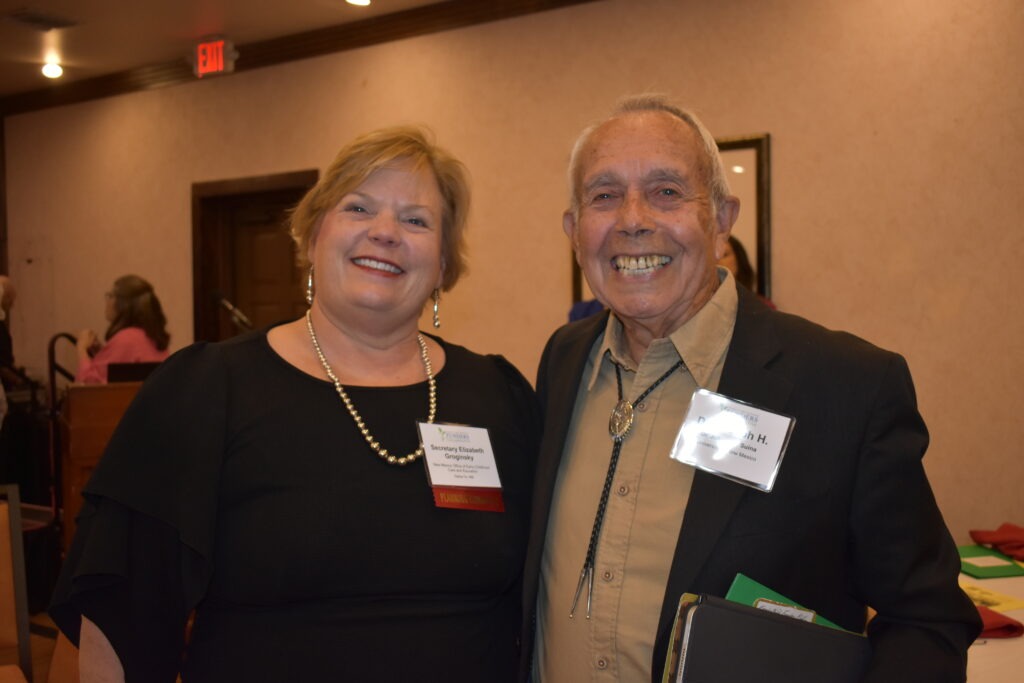
Dr. Suina former Cochiti Pueblo Governor, a University of New Mexico Professor Emeritus, and former Director of the Institute for American Indian Education. Joseph has devoted much of his career to assessing student learning and developing training programs for educators who teach American Indian students.
From panels to breakout sessions, many community leaders shared about the historic milestones in the NM early childhood landscape, key early childhood strategies unique to New Mexico, and lessons for other places and communities.
The meeting also included inspiring discussions with national funders, grassroots organizers and advocacy organizations, legislators and other early childhood champions in the state, including Elizabeth Groginsky, Cabinet Secretary for Early Childhood Education in the NM Early Childhood Education and Care Department and New Mexico Speaker of the House Javier Martínez.
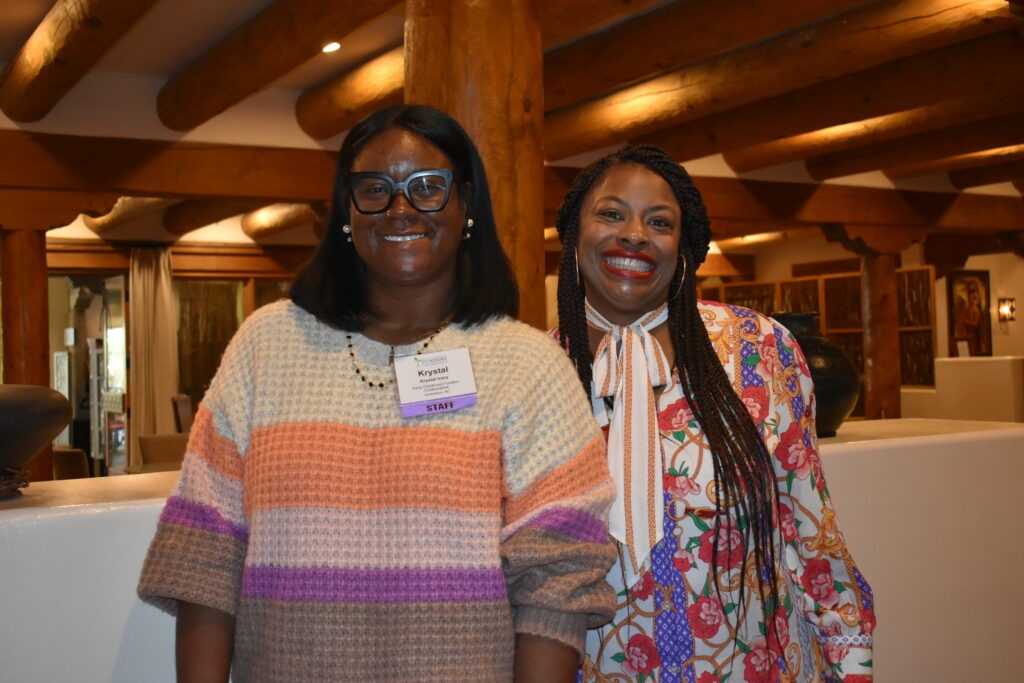
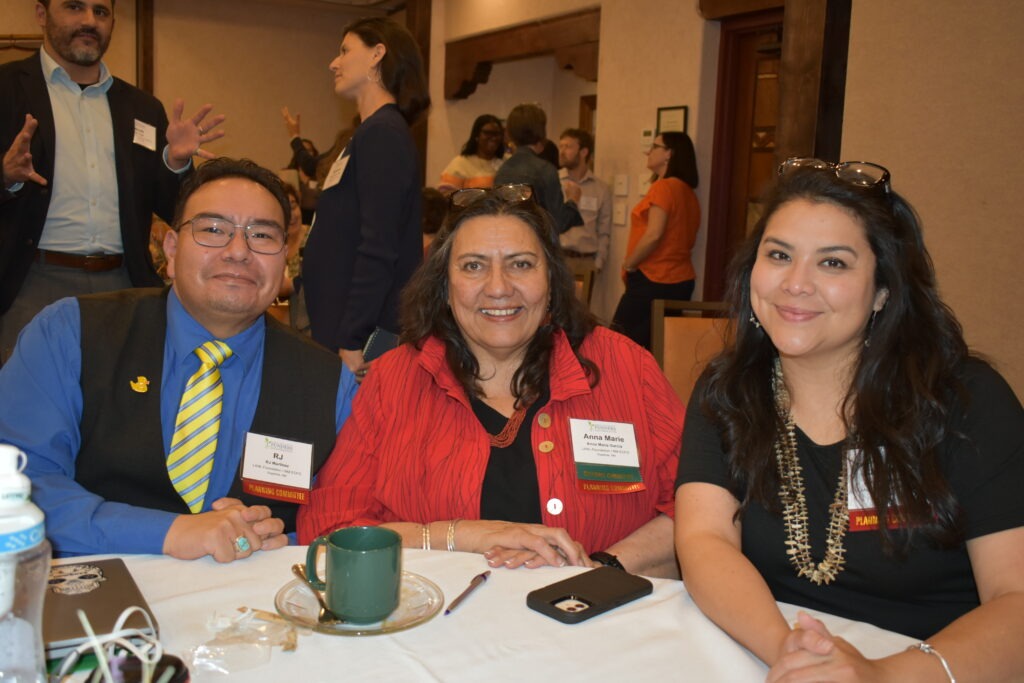
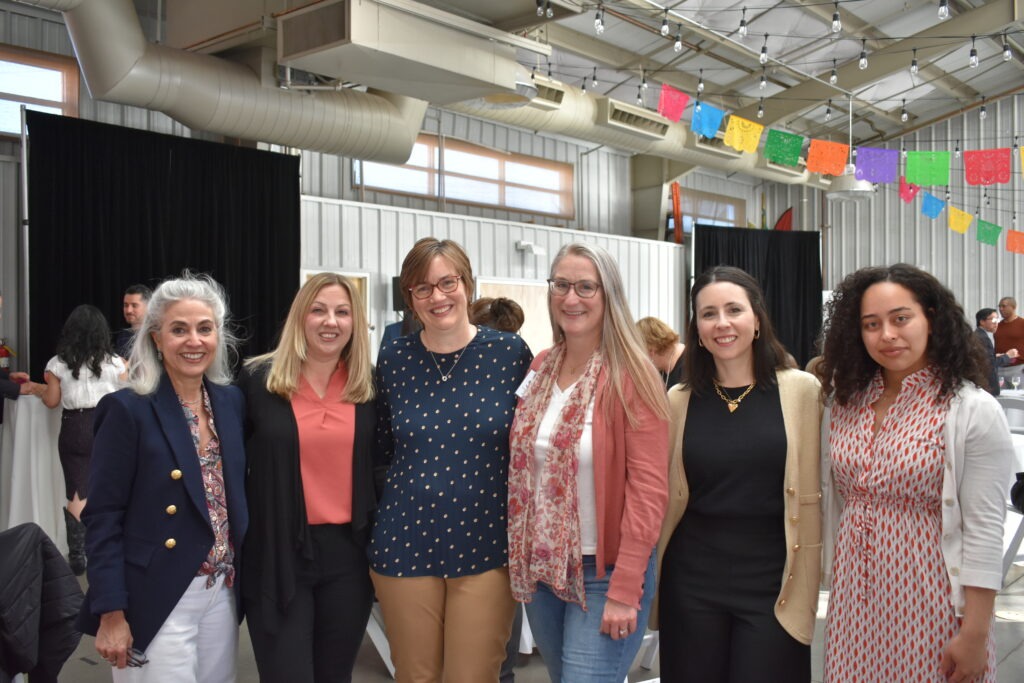
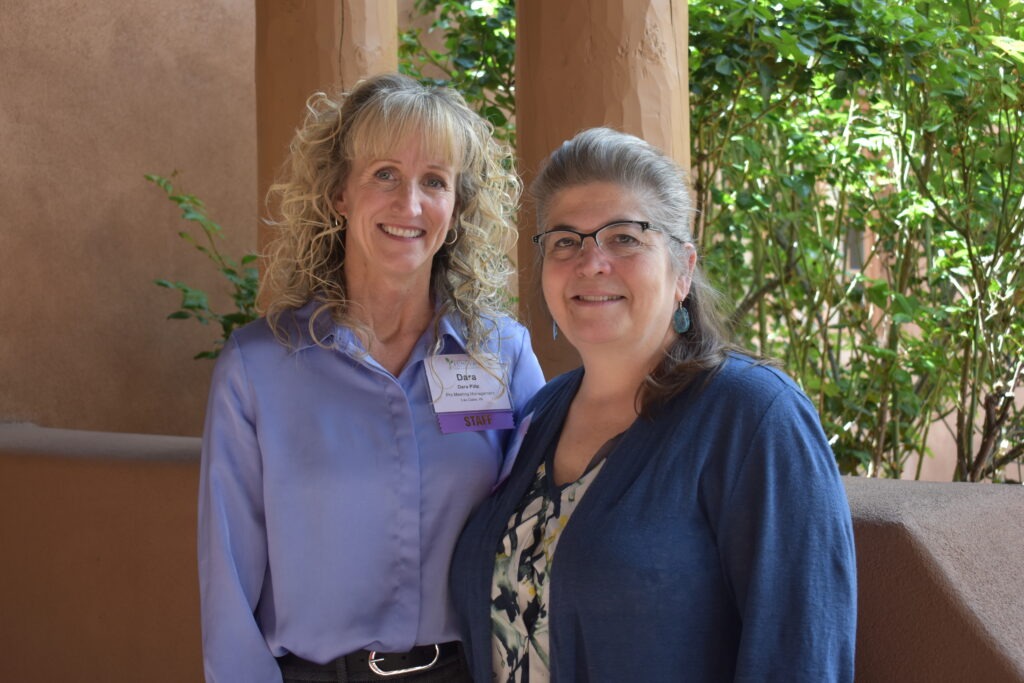
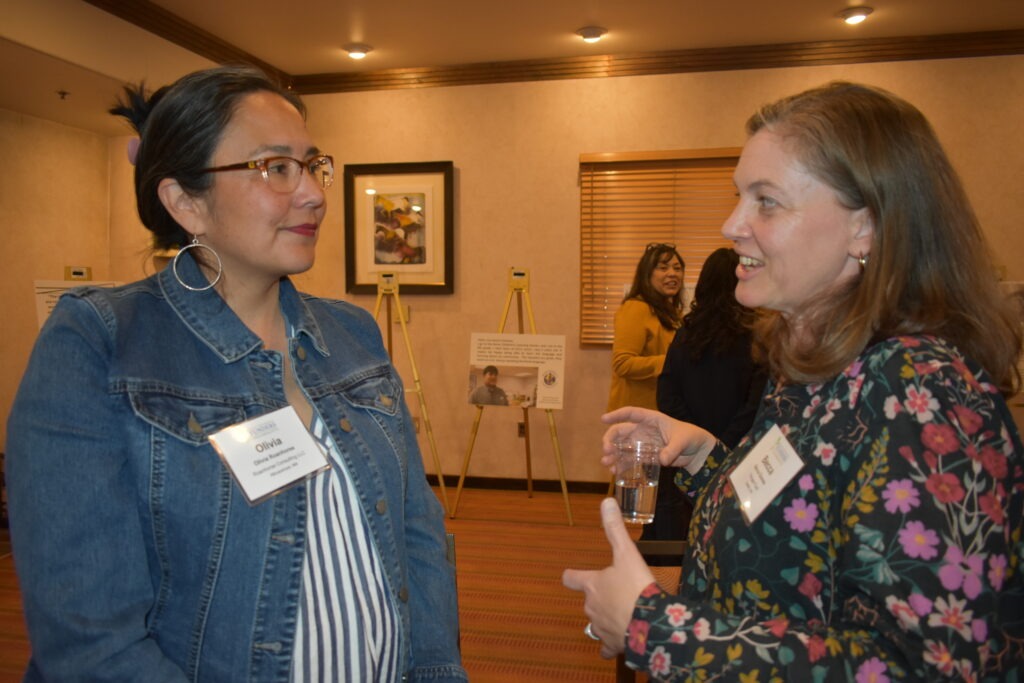
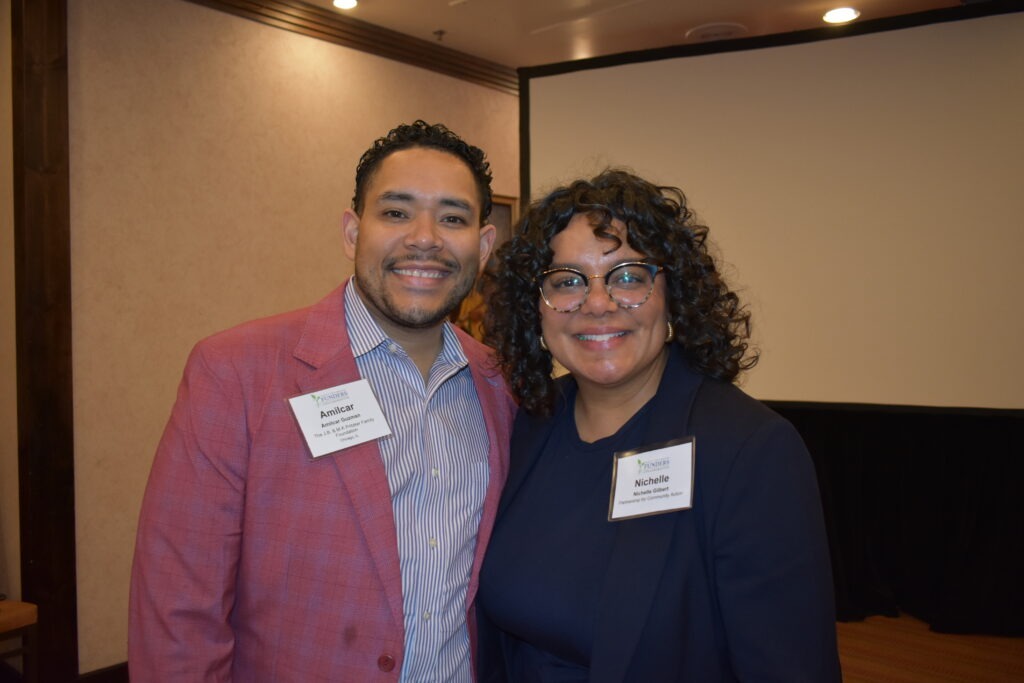
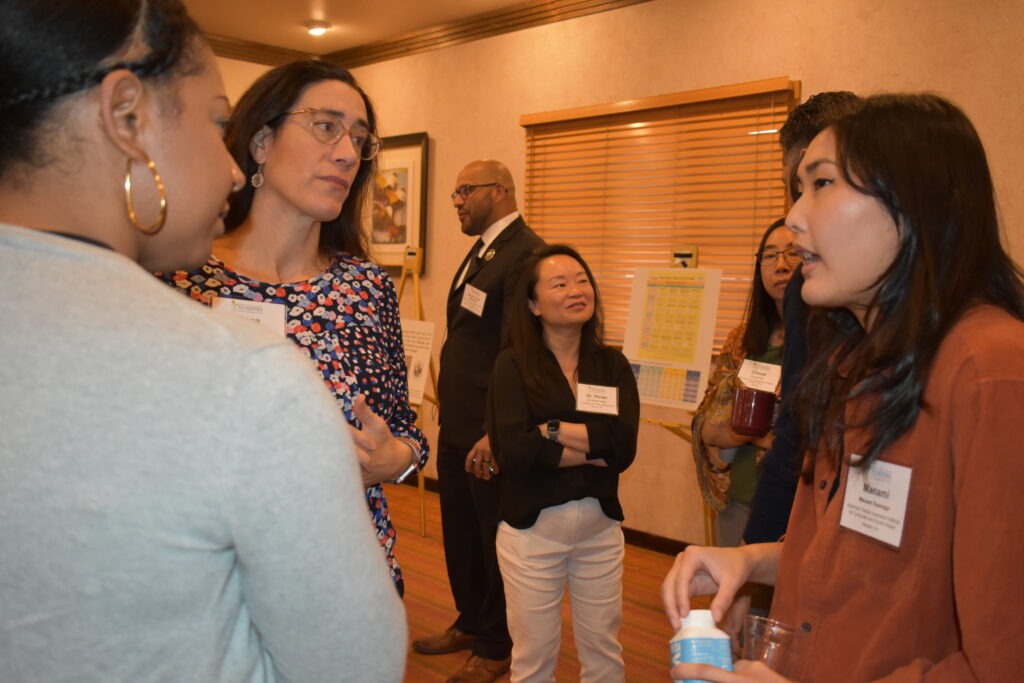
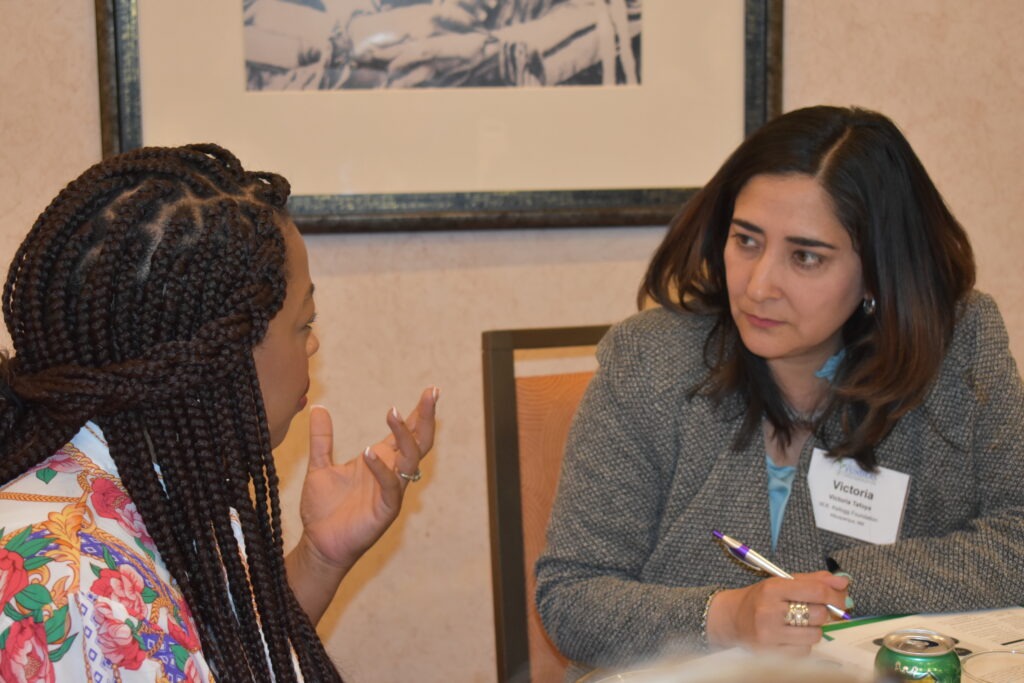
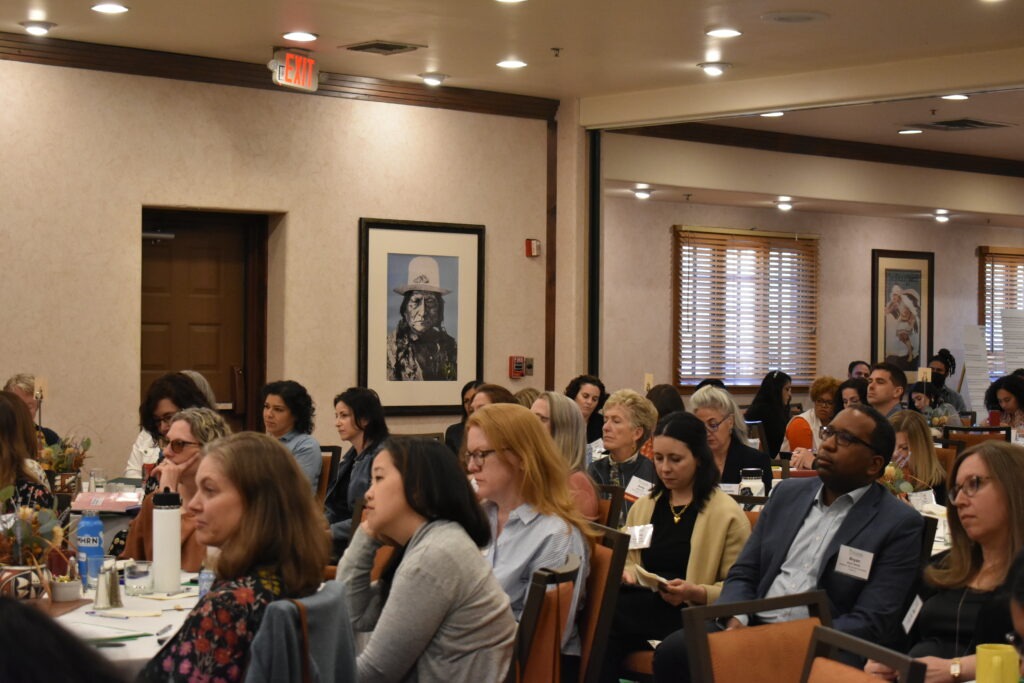
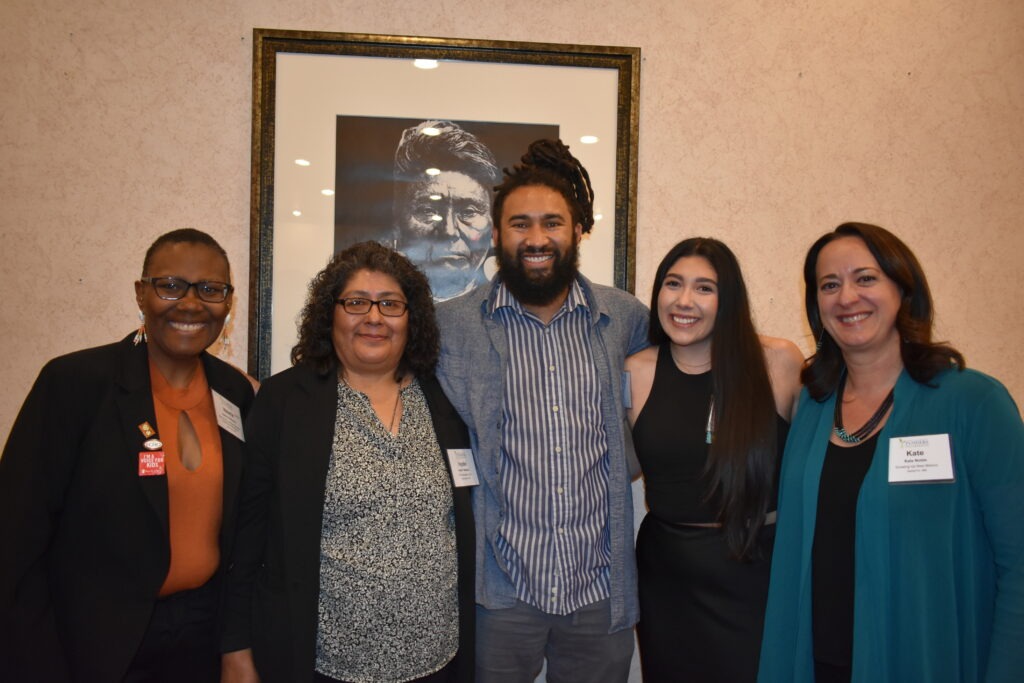
"There was a common theme of unity at this meeting. It was more than obvious that the work we do as philanthropic organizations in the space of early childhood cannot be done by one single person or organization. We need each other’s support, the support of our legislators, the support of our respective communities. We are better together!!!! The state of New Mexico has demonstrated that in all of its policy WINS in the early childhood space. I know we have a long way to go, but I’m grateful we have gotten started. The work we all do is what our communities need to feel whole. So often rural communities are looked at through a deficit lens rather than an opportunity lens. Yes, we do have issues, but our issues are not failures, they are opportunities to make those we serve smile."
Kawin Nunnery, Program Officer JD Maddox Foundation Hobbs NM
Many WKKF grantees representing Partnership for Communication Action, NM Café, NM Dream Team, LANL Foundation and Growing Up New Mexico shared the need for child champions at all levels, the ebb and flow of policy momentum, and other lessons learned about engaging and lifting up community voices and lastly, the importance of building community power.
Panels included:
- Grassroots and advocacy movements that fueled (and continue to drive) early childhood and child care improvements in the state;
- Innovative community-based programs and organizations that are harnessing the resilience and uniqueness of New Mexico families and communities;
- The substantial role that philanthropy has played in seeding and sustaining early childhood initiatives in partnership with government, Tribes and communities.
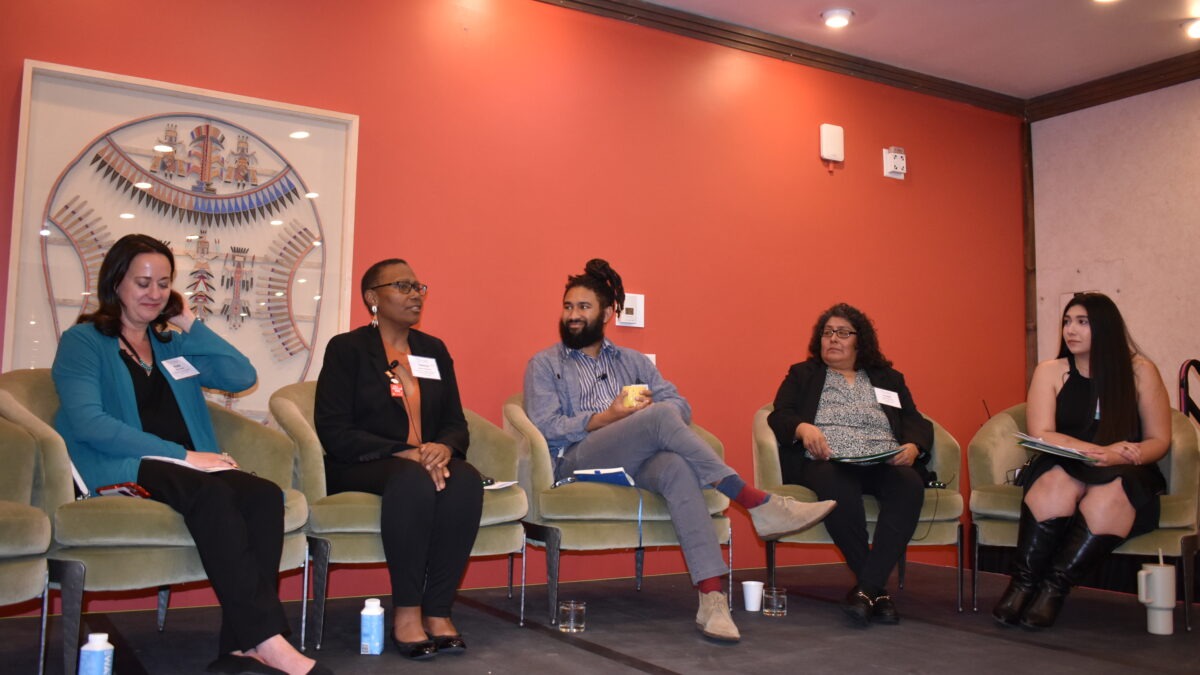
As described by the ECFC team, it was a meeting filled with rich learnings from the state’s early childhood legislative and policy landscape and history, including learning how local child ––advocates persevered and were instrumental in the establishment of a state level department for early care and learning, and a constitutional amendment giving young children the right to early care and education and secure funding from the state’s Land Grant Fund to support programming. All historic wins for children in New Mexico.
New Mexico continues to serve as a learning lab for policy, advocacy and programs in the context of a diverse, multigenerational, multilingual and relationship-based culture, with substantial geographic diversity including remote, rural areas, as well as Albuquerque, an urban center. It ranks fourth among states with the largest Native American populations and is home to 23 Sovereign Nations including 19 Pueblos, three Apache Tribes, and a significant portion of the Navajo Nation. There is a large immigrant population, as well, with almost one in ten residents born in another country, and one in nine residents with at least one immigrant parent. The closing included a reflection panel of funders sharing what they learned and want other funders to know about partnering with diverse communities, including the importance of making generational investments, listening to what communities need and honoring culture and language.
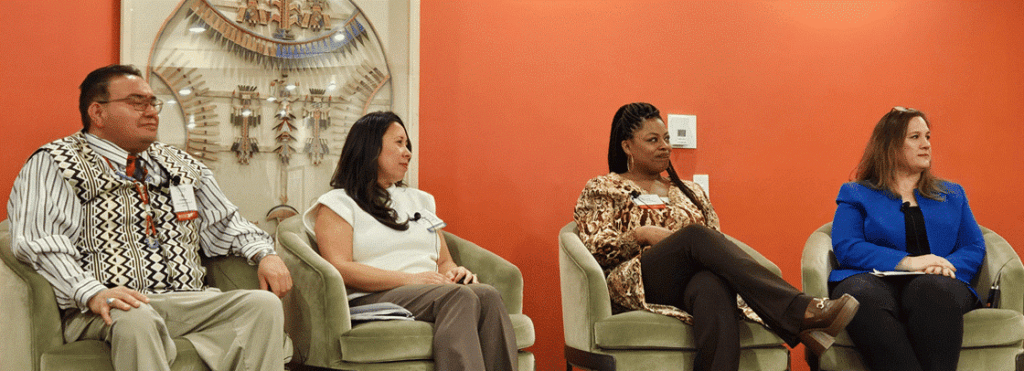
Thank you to the Early Childhood Funders Collaborative for hosting the event in Mexico and a big appreciation to the New Mexico Early Childhood Funders Group planning team and partners for their time and guidance – shaping the 3-day learning meeting.
Jovanna Archuleta, LANL Foundation
Curtis Chavez, Keres Children’s Learning Center
Claire Dudley Chavez, Office of Speaker of the N.M. House of Representatives
Jennifer Duran-Sallee, W.K. Kellogg Foundation
Anna Marie Garcia, LANL Foundation
Secretary Elizabeth Groginsky, N.M. Early Childhood Education and Care Department
RJ Martinez, LANL Foundation
Kawin Nunnery, JD Maddox Foundation
Mariana Padilla, Children’s Cabinet, Office of the Governor
Kelly Pope, Opportunities Exchange
Kevin Schwanfelder, Brindle Foundation
Victoria A. Tafoya, W.K. Kellogg
Mary Nell Wegner, Brindle Foundation

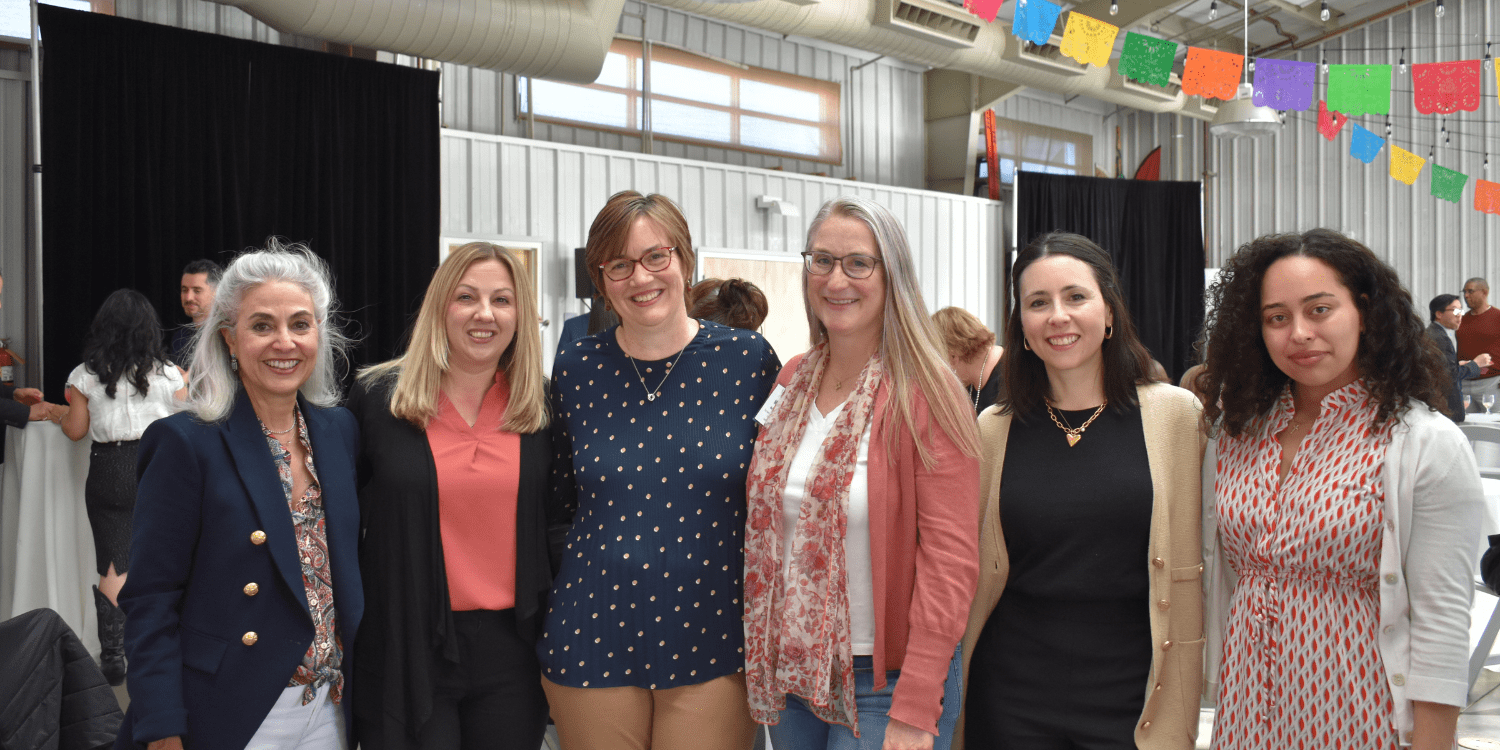
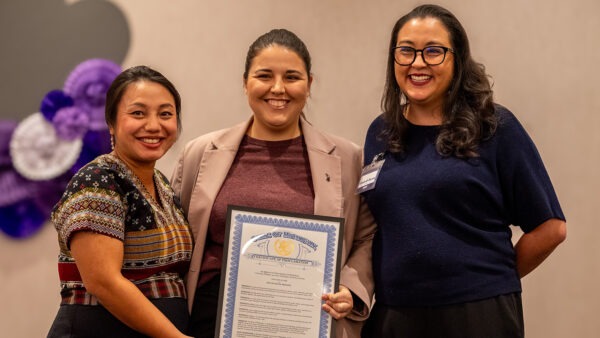
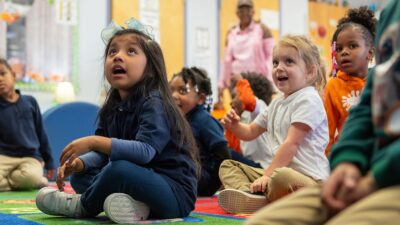
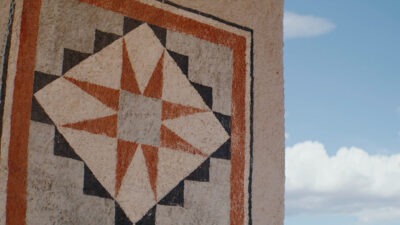
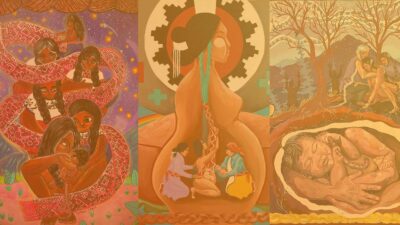
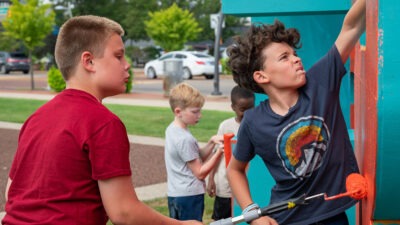
Comments